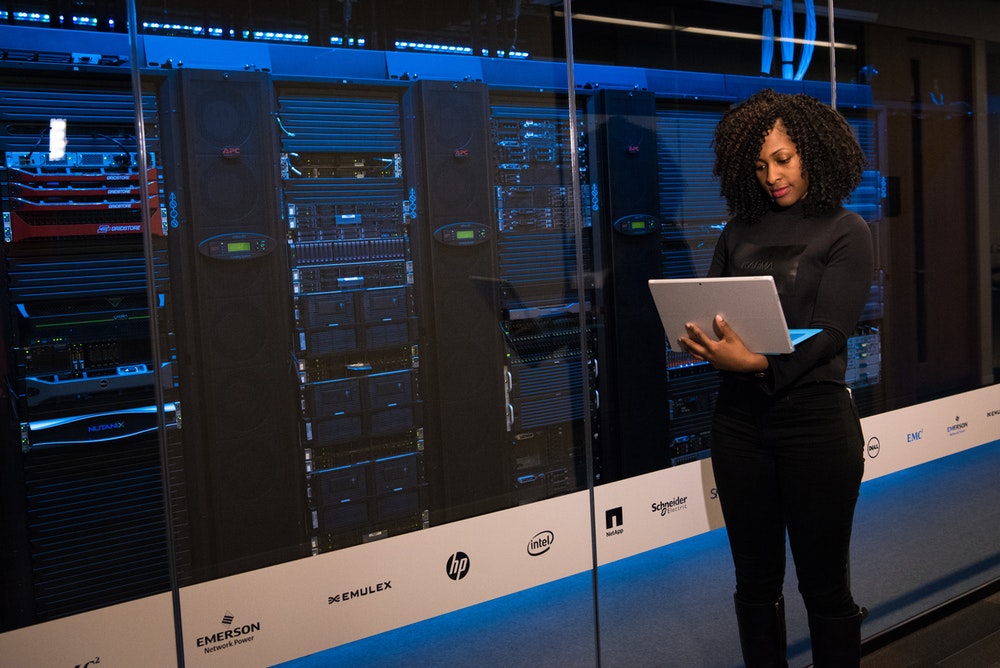Ever since the dawn of the internet, more and more parts of our lives have become inexorably linked to it. For the most part, that’s been a positive development. It has enabled new services and modern conveniences that would have been unimaginable a few years ago. It has also created (and will continue to create) ever-larger quantities of data related to us and everything we do online.
As it turns out, all of that data has become the real currency of the internet, Bitcoin notwithstanding. Almost overnight, that new reality has turned data scientists into rock stars and statisticians into all-knowing business gurus- and created a demand for data skills that seems to have no end. It has also encouraged a flood of students and other interested individuals to rush into data science training and degree programs, eager to capitalize on an industry with no shortage of work and six-figure salaries, to boot.
If you’re one of the people either training for or considering a move into a data science job, though, there are a few things you should think about first. Thriving in a data science job requires a particular personality type and skill set, and many of those rushing into the field may not be well suited for it. To help you figure out if you are, here are three must-have traits to succeed as a data science professional.
A Love of All Things Statistical
To thrive in (and actually enjoy) a data science job, you have to have an innate love for statistics. After all, data science is about information and making sense of it. If you’re not the type to spend hours poring over every detail of your favorite sports team’s record and results, you may end up coming to see your new data science job as an endless parade of drudgery and boredom. It’s important to realize that data scientists spend up to 80% of their time collecting and preparing data for analysis, so if you’re not prepared to deal with that, you might want to rethink your plans.
A Creative Nature
From the outside, it’s easy to look at data science and assume that it’s mostly a technical, rather than creative, job. While there is quite a bit of technical expertise needed, success as a data science professional depends far more on creativity than you might think. Data scientists need to be able to not only identify what datasets could produce relevant insights to solve whatever problem they’re tackling, but also know what questions to ask in the first place. There’s a certain art to finding insights from mountains of seemingly dissimilar data. If you aren’t a natural at thinking outside the box, you might have trouble with data science.
The Innate Desire to Learn
Data science isn’t exactly a new field, but it is one that has changed quite a bit in the last few years. Every day, new approaches and technologies are devised to derive better and better insights from existing data. At the same time, the data that’s being collected continues to grow in scope and variety. The only way to keep up with all of the changes is to commit oneself to a continual learning process. That can be a difficult thing to sustain throughout a career, especially once you begin working long hours. If you’re not sure if you can do it, check out this page listing the requirements for a data science master’s degree and ask yourself, is this a commitment I’d be willing to make as a busy professional?
Go All-In or Go Home
Working in a data science job has plenty of upsides. If you enjoy the work, it’s very fulfilling, especially when you have a breakthrough and manage to tease out something new from datasets that others had given up on. To get there, though, you can’t be partially committed to the work or harbor any reservations about doing it. You’ll need to devote your time, energy, and complete attention to achieve any worthwhile results.
You’ll also need to be able to accept that sometimes, your long hours and hard work end up achieving nothing – other than to prove that the data you’re working with can’t answer the question you’ve asked. There can be satisfaction in that, too, if you’re the right sort of person. If not, though, data science can be a frustrating, difficult, and demoralizing career, so consider your decision to work towards one carefully. If the traits listed here don’t sound like you, it might not be the career you’re looking for.


